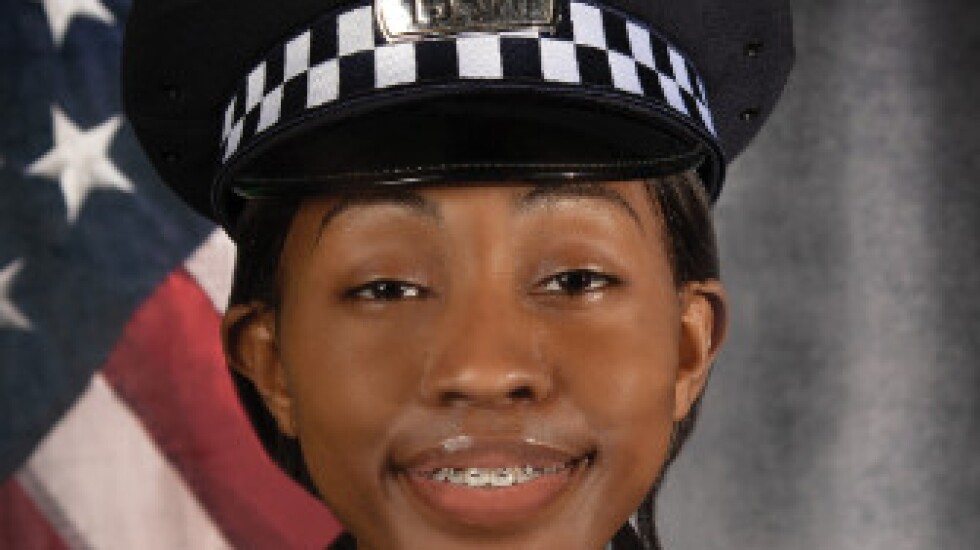
It has only been a few days since off-duty Chicago Police Officer Aréanah Preston was shot to death near her Avalon Park home, so questions surrounding her slaying remain unanswered.
Law enforcement sources told the Sun-Times Preston’s shooting may have been tied to another robbery in the area but authorities have yet to provide an official motive.
There also has been no explanation given as to why it took more than a half hour for officers to arrive at the crime scene after the city’s ShotSpotter gunshot surveillance system detected activity early Saturday morning.
While the city awaits answers and possible charges tied to the five people taken into custody, one thing is clear: Chicago lost another promising young officer to the gun violence that has tattered our country and perpetually looms around all of us.
Preston, 24, had just finished her shift when she was gunned down. Her weapon was taken away from her during the incident, sources said.
Had she still been alive, Preston would have been handed her diploma for her master’s degree in criminology at Loyola University Chicago this coming weekend.
The Calumet District officer yearned to create an impact and show her young peers how policing can make a difference in the community, according to her father and Charles Bell, a professor at Illinois State University, where Preston received a bachelor’s degree in criminal justice and law enforcement administration.
Too often, we hear about the blue wall of silence when an officer is accused of wrongdoing and the strong resistance from within police departments against changing the dysfunctional culture that has cultivated and sustained fear and distrust.
Preston, who had been on the job for just three years, wasn’t among this resistant, skeptical bunch. She was dissatisfied with the status quo and was ready for reform, those closest to her said. Preston’s goal was to build “trust between law enforcement and underrepresented communities,” she was quoted in an Illinois State write-up after she and others visited several Holocaust sites during an overseas college visit.
That trip, which Preston defined as “finding voices for those who didn’t have a voice,” motivated her to join the Chicago Police Department.
It is now up to Preston’s colleagues to honor her words, working with Chicagoans — especially Black and Brown residents — not against them.
Not only did a family lose a loved one, the city lost in Preston an intelligent, thoughtful and accomplished officer who exemplified the possibility of transforming the CPD for the better.
The Sun-Times welcomes letters to the editor and op-eds. Here are our guidelines.







